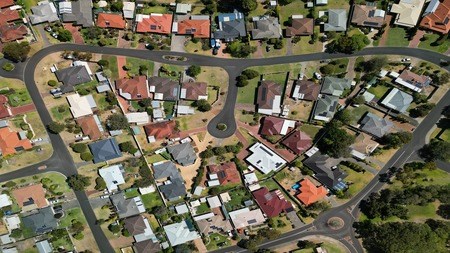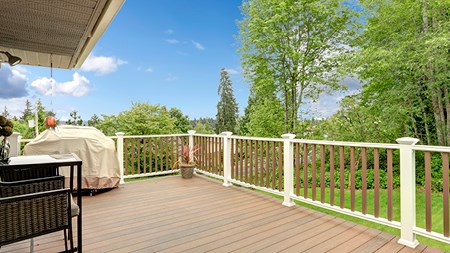If a group of owners wish to build on a common property, what are the steps required to make this happen? For example, what would happen if the owners wanted to build a swimming pool?
Individual owners can only build on the common property if they formally extend their sections. Aside from the various approvals needed from the local municipality, a building extension such as an extra bedroom must be authorised by the body corporate. A special resolution is required and, if the extension alters the participation quota of the section by 10% or more. All financial institutions holding bonds over sections in the scheme must give their consent.
Building a swimming pool that is accessible to all scheme residents would count as an improvement to the common property. An improvement to the common property is a significant change or addition that benefits all owners and is paid for by the body corporate. Because it’s everyone’s money, the level of consensus needed to approve that spending is high. Improvements are categorised as luxurious or non-luxurious and both require a unanimous or special resolution (respectively). There is no definition of luxurious or non-luxurious in the Act or the prescribed rules. A very basic rule of thumb could be that a feature which is “nice to have” would be luxurious and a “necessary to have” feature would be non-luxurious. Ultimately, it ends up a value judgement that will depend on the scheme and all circumstances of the situation.
There are further complications. There is seldom an excess of unused space in a sectional titles scheme, so it’s likely that garden and parking bays will need to be shuffled when making an improvement that takes up a lot of space. If parking bays are visitor’s bays, moving them will require only the approval of a necessary improvement – the creation of extra bays: site preparation, drainage and surfacing. If the bays are exclusive-use areas, as is likely, those exclusive-use rights would have to be cancelled and re-created. Both processes require the appropriate special or unanimous resolutions.
If the swimming pool is not intended to be available to all scheme residents, but only to one or some of them, then the owner(s) concerned would have to obtain exclusive-use rights to the area of common property involved. The permission of the trustees would then have to be obtained to build the pool. At least a special resolution would be required to authorise the creation of the exclusive-use rights.
Aside from the cost of the improvement, the resolutions required to approve all the steps prove that those owners who want the pool would have to do some very persuasive talking to their co-owners in order to get everyone to approve the project.



